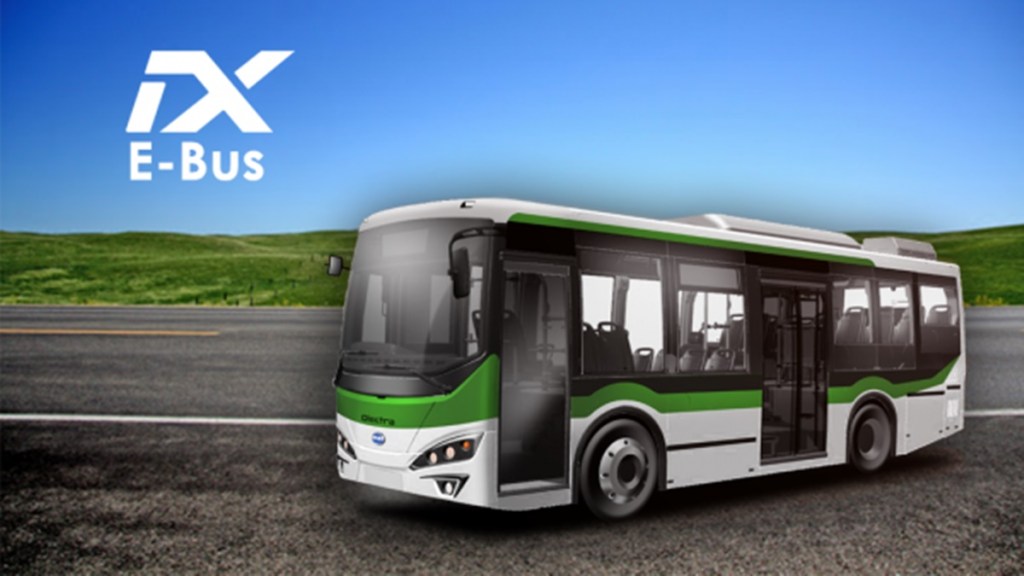Olectra Greentech‘s inability to ensure timely delivery of electric buses – which prompted the Maharashtra government to issue directions for cancelling a 5,150-vehicle order – stems from an impediment that ails the entire sector: sparse supply of components, particularly of chassis and battery.
The delivery numbers of major e-bus makers affirm the crisis. Olectra Greentech delivered only 972 e-buses in FY25 against a target of 2,000-2,500, Tata Motors dispatched 839 e-buses in the last three quarters of FY25, and JBM Group delivered 572 e-buses in the entire 2024.
Industry players say companies have the capacity to ramp up production but they are hamstrung by supply chain constrains.
Though the industry is sitting on a large order book of around 20,000-25,000 vehicles, supplies have been on the decline for several months. In FY25, the country’s electric bus sales stood at around 3,100 units – around 14% down compared to FY24.
“The entire industry has been going through the supply chain constraint regarding chassis and battery, which is causing delays,” a senior official of Olectra Greentech said in an analyst call after the March quarter results.
The Hyderabad-based company is sitting on orders of more than 10,000 vehicles, the largest pending order in India. More than half of its order book is from the Maharashtra transport department.
Earlier this week, Maharashtra’s transport minister said officials had been directed to cancel the 5,150-vehicle order over missed delivery deadlines. The company, however, said it was yet to receive any official order.
Supply chain constraints have forced Olectra to come up short in its targeted delivery of e-buses. The company, however, has kept the delivery target for FY26 unchanged at 2,000-2,500.
The issue affects its peer too. Tata Motors, which is the market leader in the commercial vehicle segment, delivered only 89 e-buses in the March quarter, 200 in the December quarter, and 550 in the October quarter. All these were part of the first tender floated by the state-controlled Convergence Energy Services (CESL).
“Including the units delivered in the March quarter, we now have more than 3,600 electric buses on the road. We have also started supply in private accounts and the first few buses (are) being delivered,” Girish Wagh, executive director, Tata Motors, said in the March-quarter earnings call.
JBM Group, an auto component-turned-bus maker, has an order book of more than 11,000 electric buses, but delivered only 572 units in 2024.
A senior executive at a component supplier said, “The electric bus industry has been revising their sales estimate downwards every year and failing to achieve even that. But new bus tenders see active participation from most players. As such there is no clear scale up in production visible at present, though the order book keeps getting bigger.”
Industry players expect the supply situation to normalise from the September quarter. “We can expand our manufacturing capacity to 400-500 units per month from 200 units, but all of this will depend on support from suppliers of components. We are hoping that from the September quarter there should be normalisation,” said the Olectra executive.
